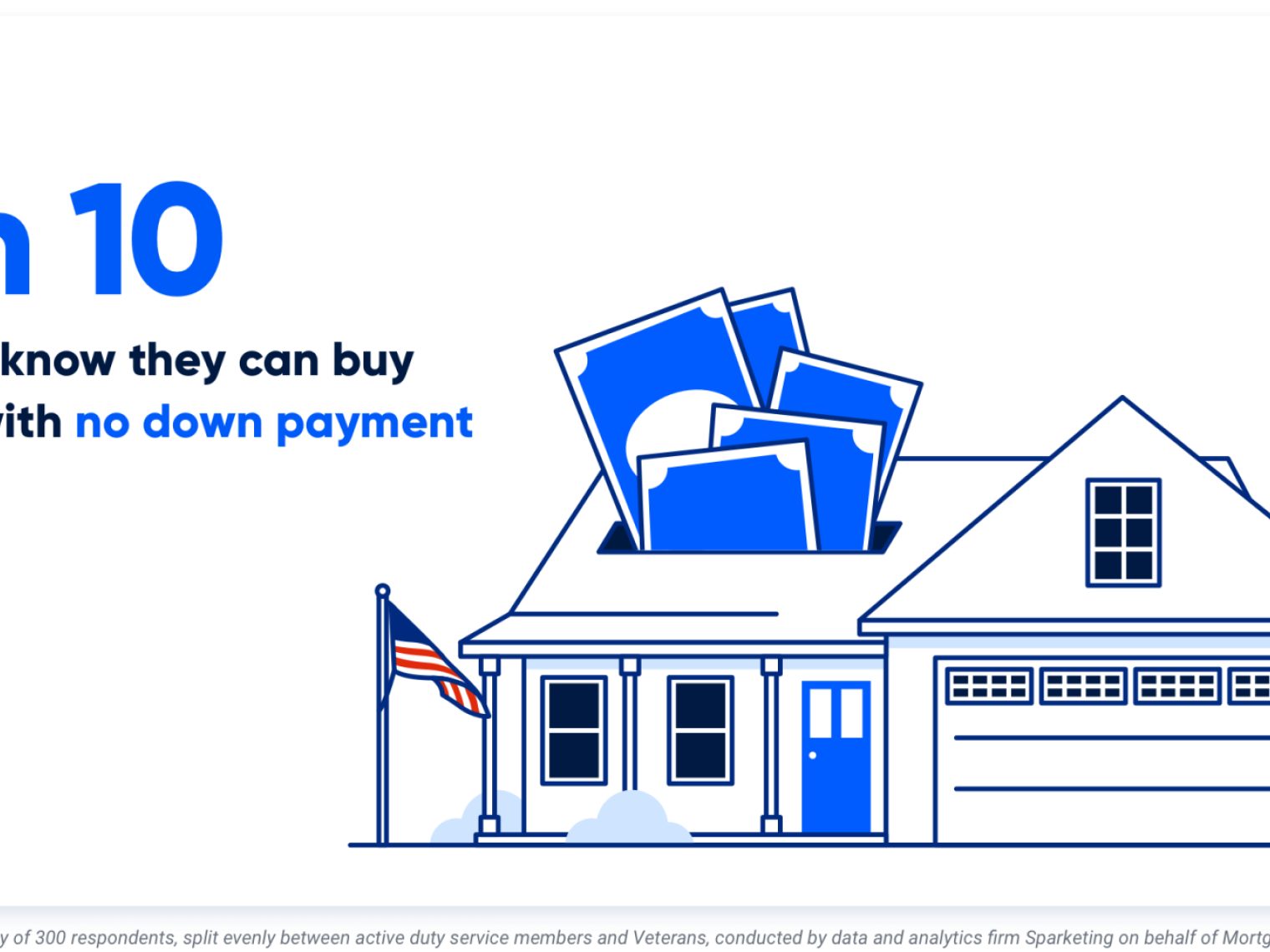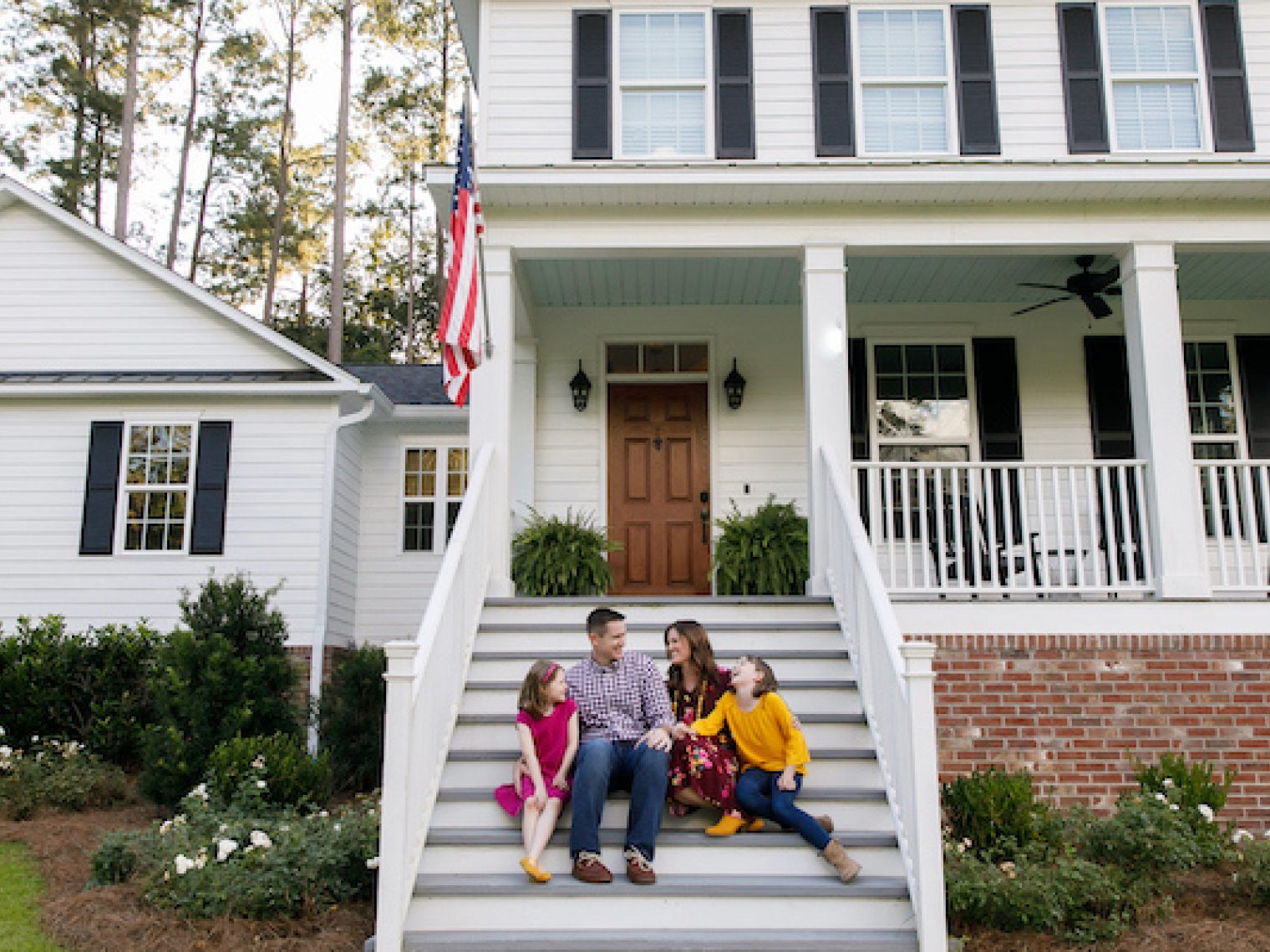- Homebuyers can pay for repairs needed to meet VA appraisal standards, even those related to Minimum Property Requirements.
- An escrow holdback may allow repairs after closing, but major issues affecting safety or habitability usually must be resolved beforehand.
The VA appraisal process includes a high-level look at the property's health, safety and marketability. It's not uncommon for the VA appraiser to uncover problems with the home that need repairs before your loan can move forward.
They often only find small-ticket issues requiring minimal time and money. But sometimes, bigger and costlier problems arise.
In either case, real estate agents and lenders frequently tell sellers and buyers a common misconception that the responsibility for repairs falls on the seller.
Needless to say, that’s not entirely true and can cause a VA purchase deal to collapse or lead would-be sellers to avoid accepting VA offers altogether.
Who Pays for VA Appraisal Repairs?
The reality is that VA buyers can pay for home repairs needed to close a loan, even if the issues relate to the VA's Minimum Property Requirements (MPRs). Guidelines and policies on how this works in practice can vary by lender.
If the VA appraisal indicates that repairs are needed, buyers should first work with their agent or lender to ask the seller to cover these costs. But if the seller refuses and you want to keep the deal going, you may be able to pay for the repairs yourself.
However, whether that's a good financial investment for you as a homebuyer is often the key question.
Paying for Appraisal Repairs
At Veterans United, here’s how we typically handle borrower-paid repairs:
- The borrower needs to sign a “hold harmless" agreement
- If the total cost of repairs is $500 or less, the work shouldn't be completed until an underwriter has conditionally approved the loan
- If the total cost of repairs is greater than $500, the work shouldn't be completed until the lender issues a clear to close on the loan.
VA Escrow Holdback
In some cases, repairs can be completed after the loan closes. The borrower would need to put money in an escrow account to pay for these repairs, known as an escrow holdback.
You’re usually required to put 1.5 times the cost of repairs into the escrow account.
Repairs delayed due to unavoidable circumstances may still be considered on a case-by-case basis. However, major repairs involving critical components — such as the roof, electrical, plumbing, foundation, septic system or HVAC — typically need to be completed before closing, particularly if they raise concerns related to the property's safety, soundness, sanitation or habitability.
Repairs on Distressed and Foreclosure Properties
Another thing to keep in mind when paying for repairs is that you may not always have the option, which often comes into play with distressed properties and bank- or government-owned homes.
Veterans can use their VA loan benefits to purchase foreclosures and other distressed properties. However, tackling repairs can pose a significant challenge.
Banks, the U.S. Department of Housing and Urban Development (HUD) and other agencies that own distressed properties typically won't pay for repairs needed to close a loan. But they don't always allow buyers to pay for them either. Often, these homes are sold truly "as-is," with no repairs allowed before closing.
If you hope to purchase a foreclosure, reach out to a Veterans United VA loan expert at 855-870-8845. Foreclosures are not always in the best of shape, and any repairs that arise can pose a real issue in closing on your VA loan.
Is Paying for Appraisal Repairs a Wise Investment?
Lastly, the biggest issue of paying for repairs out of your pocket is that you're spending money on a home you don't actually own. Once you receive a clear to close, it's relatively rare for things to go sideways, but it happens. The last thing you want to do is pay for repairs on a home you can't ultimately buy.
If your VA appraisal comes back with repairs, talk with your loan officer about your options and the potential outcomes. But be aware that you may be able to cover these costs to keep the deal moving forward.
How We Maintain Content Accuracy
Our mortgage experts continuously track industry trends, regulatory changes, and market conditions to keep our information accurate and relevant. We update our articles whenever new insights or updates become available to help you make informed homebuying and selling decisions.
Current Version
Aug 19, 2025
Written BySamantha Reeves
Reviewed ByTara Dometrorch
Minor article updates for clarity and VA Escrow Holdback policy. Content fact checked and reviewed by team lead underwriter Tara Dometrorch.
Related Posts
-
 VA Loan Down Payment RequirementsVA loans have no down payment requirements as long as the Veteran has full entitlement, but only 3-in-10 Veterans know they can buy a home loan with zero down payment. Here’s what Veterans need to know about VA loan down payment requirements.
VA Loan Down Payment RequirementsVA loans have no down payment requirements as long as the Veteran has full entitlement, but only 3-in-10 Veterans know they can buy a home loan with zero down payment. Here’s what Veterans need to know about VA loan down payment requirements. -
 5 Most Common VA Loan Myths BustedVA loan myths confuse and deter many VA loan borrowers. Here we debunk 5 of the most common VA loan myths so that you can borrow with confidence.
5 Most Common VA Loan Myths BustedVA loan myths confuse and deter many VA loan borrowers. Here we debunk 5 of the most common VA loan myths so that you can borrow with confidence.


